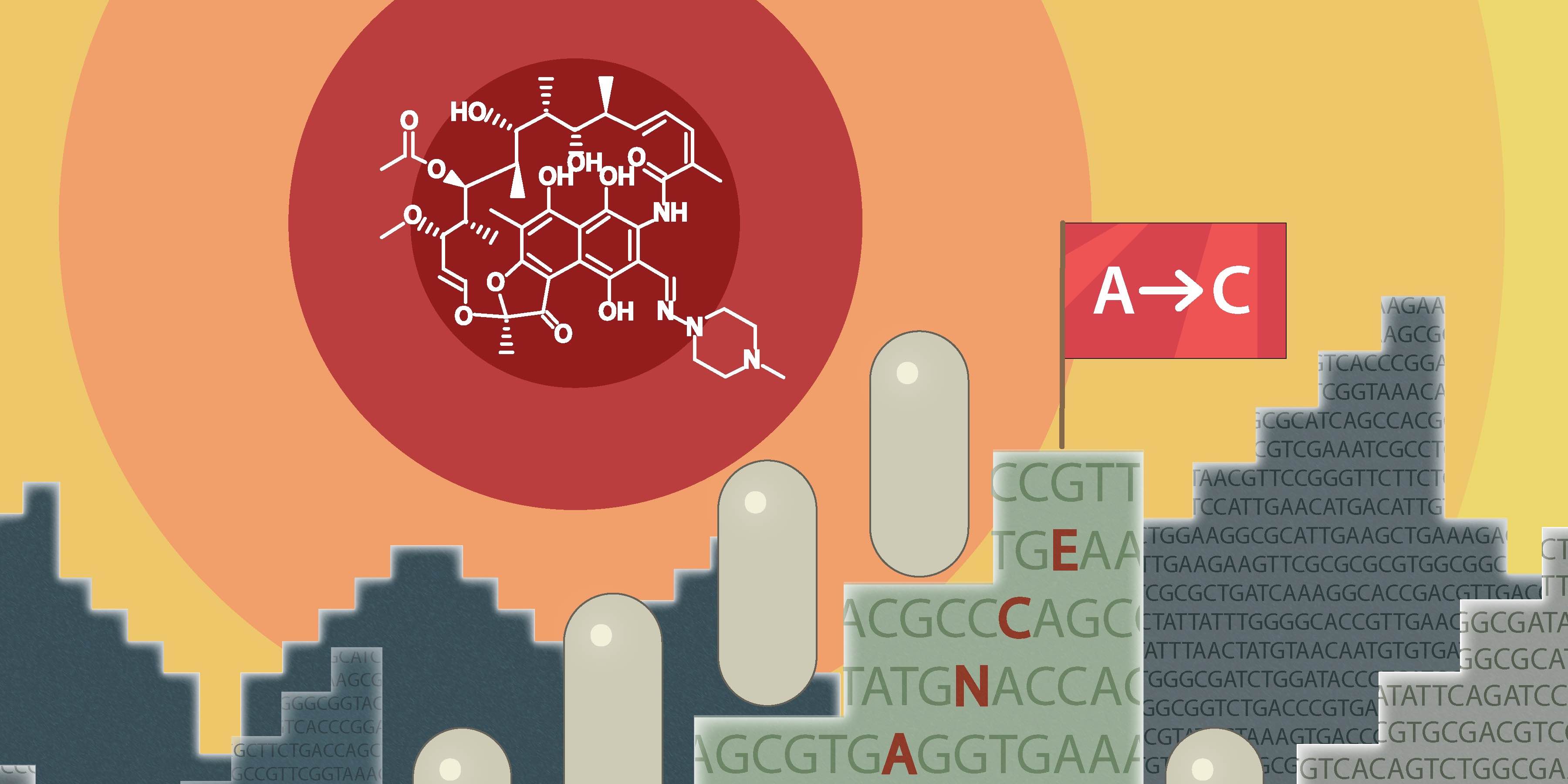Background
COVID-19 has been the focus of people across the world during the last two years of the current pandemic. Antibiotic resistance, by contrast, has been termed a ‘silent pandemic’ because whilst, like COVID-19, it is widespread and poses a real and present danger to public health, it is receiving relatively little attention.
When antibiotics were first introduced, they revolutionised healthcare. However, over the years, a number of bacteria have developed resistance to antimicrobial agents (see, for example, information about drug resistance from the Center for Disease Contol (CDC) in the USA). Antibiotic resistance occurs when microorganisms develop the ability to withstand antibiotics that previously killed them. When this ‘resistance’ to antibiotics is developed, the use of the antibiotic becomes ineffective in combating the microorganisms, allowing them to spread and negatively impact the affected person or animal. This means that diseases that were easily treatable in the past are now a serious threat to public health. Antibiotic resistance is not only a significant threat to human and animal health, it also poses a serious risk in areas such as food security, sustainable development, animal husbandry, veterinary medicine, and research.
In Sweden, a national liason was established by the government in 2012 to work on the topic of antibiotic resistance (Strama). The ongoing collaboration (2021-2024) is a continuation of a previous effort, and is focused on One Health, and cross-sectorial. You can read more about this ongoing effort in publications such as the Guidelines for Antibiotic resistance 2021-2024 from the Swedish Public Health Agency. The Swedres-Svarm, a report co-produced by the Public Health Agency of Sweden (FoHM) and the National Veterinary Institute (SVA), evaluates statistics related to the sale of, and development of resistance to, antibiotics for both humans and animals. The latest report (from 2020) can be found here.
Antibiotic resistance is a growing problem worldwide. Multiple factors are important in fighting antibiotic resistance in both humans and animals. For example, it is critical that the use of antibiotics and the development of resistance to them is monitored to determine how they are used and how resistance can be prevented. This, together with further research into how resistance develops, is essential in the production of effective policies to minimise antibiotic resistance in future. Lastly, it will be vital to produce novel antibiotics, so that it is possible to treat currently antibiotic-resistant infections. However, the process involved in drug development, from when an active compound of interest is initially identified to when a marketable drug becomes available, is both lengthy and expensive. Therefore, it is important that work is started early and by multiple entitities to ensure efficient drugs and diagnostic tools become available as quickly as possible. It will also be important that effective policies are put in place to reduce the risk of resistance developing to novel antibiotics in future, or novel antibiotics risk becoming ineffective too.
Data highlights (1)
Ongoing research projects (28)
| Project title | Funder |
|---|---|
Bacterial Injection Machines within the Human Gut: Structure, Function and Potential as Novel Avenue in Precision Medicine to Battle Antimicrobial ResistanceHost institute:
Lund University |
Swedish Research Council |
Curing Sepsis - a personalized bench-to bedside approach for prediction and treatment of short and long-term complication in sepsisHost institute:
Lund University |
Swedish Research Council |
DELIVER: An Accelerated Antibiotic Screening PlatformHost institute:
Uppsala University |
Swedish Research Council |
